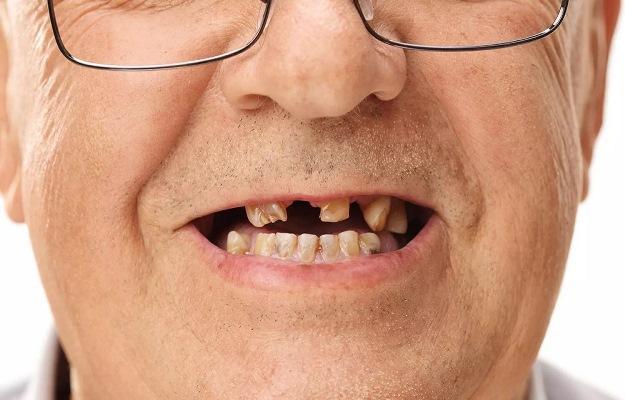Oral health affects everything from Alzheimer's disease to arthritis, but evidence of a link between oral health and mortality is still limited. Researchers analyzed the link between tooth loss and death in older adults.

Oral health problems accumulate and negatively affect older people later in life. In the US, 93% of adults aged 65 years and older have had dental caries in their permanent teeth, and about 20% have untreated dental caries. Another 64% suffer from periodontitis, which can eventually lead to tooth loss and edentulism.
Oral health shares only common risk factors with mortality, making it difficult to isolate its net effect on mortality risk. Addressing selection bias among older adults is critical to understanding the extent to which oral health is associated with mortality.
“A possible explanation is that people with tooth loss, especially edentulism, are more likely to suffer from malnutrition due to impaired chewing function and limited food choices, leading to decreased immune system function and increased risk of mortality,” the study authors wrote. led by Dr. Jiao Yu from the University of Minnesota.
The researchers collected data from the third National Health and Nutrition Examination Survey (1988-1994), which was linked to mortality data from the National Death Index. A total of 4880 community-dwelling older adults aged 60 years or older were included in the data. The researchers analyzed subjects' self-rated oral health status and objective clinical indicators such as edentulism, periodontitis, and untreated caries.
Mortality among older people is associated with both objective and subjective oral health. The association between edentulism and mortality suggests that older adults with significant tooth loss are at higher risk of mortality.
Further analyzes showed that only participants with edentulism who did not wear dentures had a significantly higher risk of mortality, supporting the role of malnutrition in the association between edentulism and mortality.
It was found that periodontal diseases and caries have little effect on mortality. However, untreated dental caries and periodontal disease are the main causes of edentulism.
“Edentulism significantly affects the length and quality of life of older people. Less serious oral problems can also lead to edentulism, so early interventions are necessary to prevent their development,” the study authors explained.
Oral disease is a public health problem affecting the quality of life of all age groups, but older adults who are socioeconomically disadvantaged may be particularly vulnerable given their limited access to dental care.
“Access to dental screening and treatment among community-dwelling older adults has the potential to reduce oral health-related mortality risks,” Yu and colleagues concluded.
